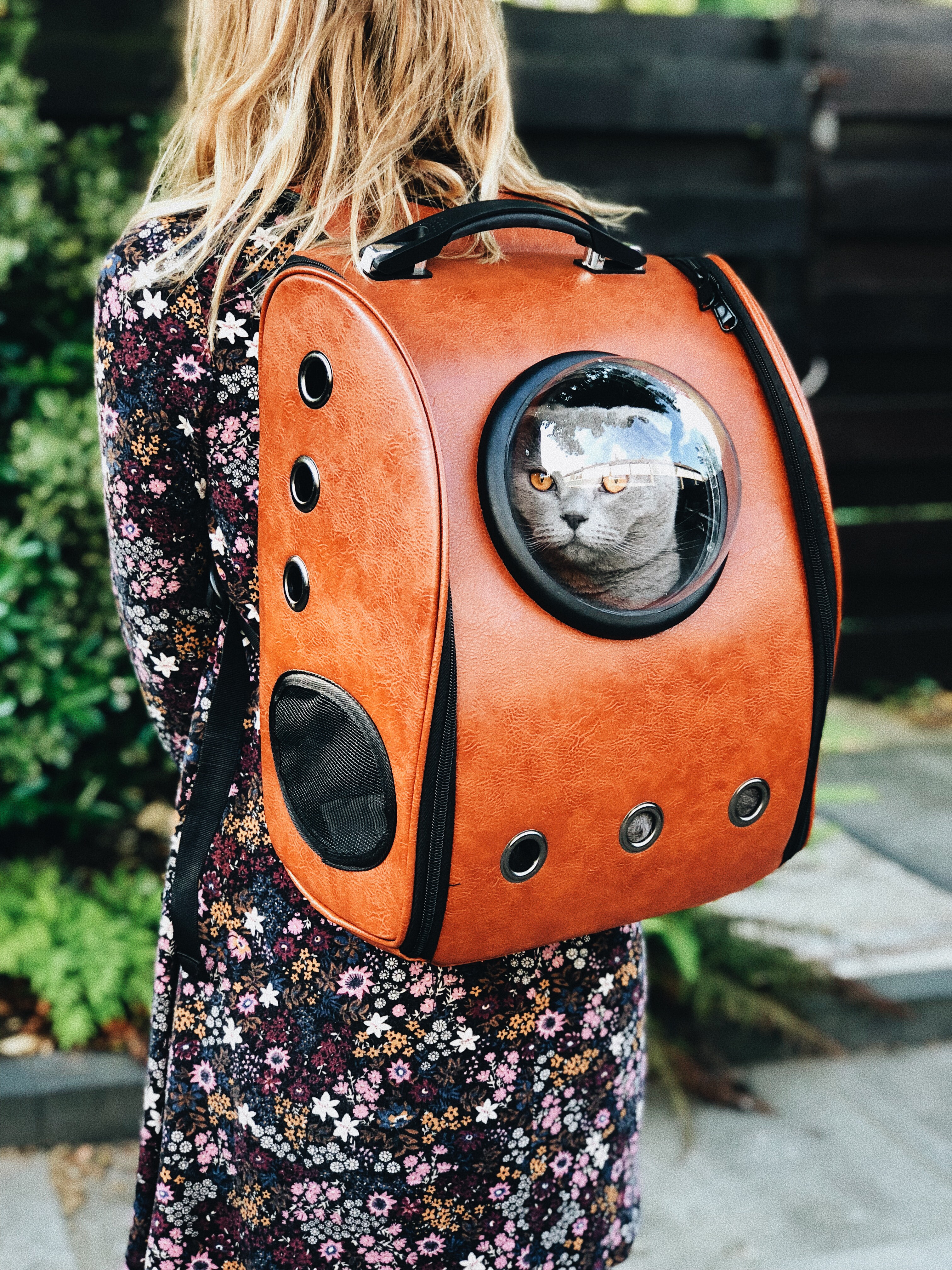Anyone with a pet will tell you caring for a pet is a painstaking task, much like taking care of a child. From medical expenses to providing proper nutrition for one’s furry companion, it is a never-ending task to ensure one’s pet is happy and healthy.
The advent of the COVID-19 outbreak brought with it a unique set of challenges, particularly in China. Lack of information on how the disease was transmitted saw pet owners erroneously assuming their four-legged friends posed a risk, and consequently led to the mass abandonment and killing of pets throughout the country.
Moreover, for expats living in China who wanted to return to their home countries, this period has been filled with incredible uncertainty as fear of countries changing their regulations regarding animal import and exports arose. Needless to say, many pet owners are simply unaware of where to find relevant and up-to-date information.
Fortunately, our friends at ICVS are stepping in to provide Beijing pet owners with just such information.

Currently, as the dust seems to be settling in China, the rest of the world is contending with the ever-changing effects of COVID-19. A direct result of this is the mass cancellation of outbound flights to various destinations, which might directly affect a pet owner’s ability to leave China with their furry companion.
Mary Peng, CEO of ICVS notes, “The greatest challenges for pet owners at this time are the airlines and their pet transport schedules”, adding, “Directives and regulations are changing continuously so pet owners should keep in mind that the situation is dynamic and flight bookings must be checked and confirmed regularly, even up to the date of departure.”
However, even without the added complications of COVID-19, pet export is not simply a matter of packing up and leaving. The process itself, depending upon the destination, should start as early as six months before the date of departure.
Below is a comprehensive list of popular destinations around the world, their requirements, and how much time it might take to fulfill all the requirements before successfully departing.
This is the latest information as of March 21 and is subject to change.
European Union and UK – No significant changes to requirements for animal imports from China
- Pets must have ISO microchips, rabies vaccinations, and have passed the mandatory rabies antibody titer test. Pets may travel to the EU only after a three month waiting period is completed, beginning on the day the blood is drawn for the rabies antibody titer test. Add another seven to ten days to departure schedules to complete the final export health examination and customs declaration.
- From the date of microchipping and rabies vaccination, it will take at least 4.5 to five months or more to prepare a pet for EU and UK import.
USA/Canada – No significant changes to current requirements for animal imports from China
- Requires rabies vaccination at least 30 days before the departure date. Micro-chipping is mandatory based on PRC Customs Bureau requirements for all pets departing China.

Hong Kong
- Temporary suspension of animals from mainland China entering into Hong Kong, including transiting pets during coronavirus outbreak period.
Indonesia and Mauritius
- Temporary suspension of animals from mainland China entering into these countries during the Coronavirus outbreak period.
Australia – No significant changes to current requirements for animal imports from China
- Animals may not travel from mainland China to Australia directly. Animals must travel to an intermediate third country approved by Australia and reside there for at least two months before they can travel to Australia. Malaysia, one of the most popular intermediate countries in the region, has been de-listed by the Australian government as an approved intermediate country. Other options in the region include Singapore and South Korea, but your pet must also meet the import requirements of these countries in addition to that of Australia.
Malaysia
- Mandatory seven-day quarantine for all pets upon arrival. The country recently introduced a new requirement that all dogs and cats applying for import must be tested for canine or feline coronavirus and test results must be negative. The test must be a RT-PCR Coronavirus test. Dogs and cats have always had species specific coronavirus. These are not transmissible to humans and have no relation to the current COVID-19 strain. Any pet owners considering relocating to Malaysia should test their pets for canine or feline coronavirus as soon as they know they are departing (e.g., at least three to six months or more before departure date).
Singapore – No significant changes to current requirements for animal imports from China
- Primary rabies vaccination must have been given at least six months before the import date. Mandatory 30-day quarantine upon arrival. Pets must be micro-chipped, rabies vaccinated and must pass the rabies antibody titer test. The rabies antibody titer test is only valid for six months from the date of the blood draw for Singapore import. Singapore quarantine kennels often have a waiting list of several months, so you must begin preparing for Singapore at least six or seven months before your planned departure date.

South Korea – No significant changes to current requirements for animal imports from China
- Pets must have ISO microchip, be rabies vaccinated, and have passed the mandatory rabies antibody titer test.
Japan – No significant changes to current requirements for animal imports from China
- Pets must have ISO microchips, have at least two rabies vaccinations after micro-chipping, and have passed the mandatory rabies antibody titer test. Pets may travel to Japan only after completing a six month waiting period, from the date of the blood draw for the rabies antibody titer test. Add another seven to ten days to departure schedule to complete the final export health examination and customs declaration.
- From date of microchipping and rabies vaccination, it will take at least seven to eight months or more to prepare a pet for Japan.
Additional Information:
Dog licensing for departing pets:
- Any dog undergoing final export health examination and customs declaration at the Beijing Customs Bureau must have a valid Beijing dog license.
- Owners should have the dog license ID card and the fapiao proof of payment to present to Customs officials at the time of customs declaration (seven to ten days before departure date).
- Cats do not need to be licensed.
Advice regarding airline bookings:
- The airlines still flying into and out of China are subject to flight scheduling and routing changes. Some aircraft models are also being updated to accommodate changes in passenger volume. This means that the ability of these airlines to take pets either as carry-on, checked baggage, or as manifest air cargo may be affected, even though you may have had an earlier confirmed flight reservation or air cargo booking.
- Please confirm with your airlines and pet relocation agents again, and ensure you receive written confirmation (never only verbal confirmation).
ICVS continues to provide free information sessions for pet owners planning to take pets out of China and to import pets into China. For further information please visit the ICVS website, or add their official WeChat account to keep up-to-date with the latest pet export and pet health information.

Photos: Pixabay, Unsplash




